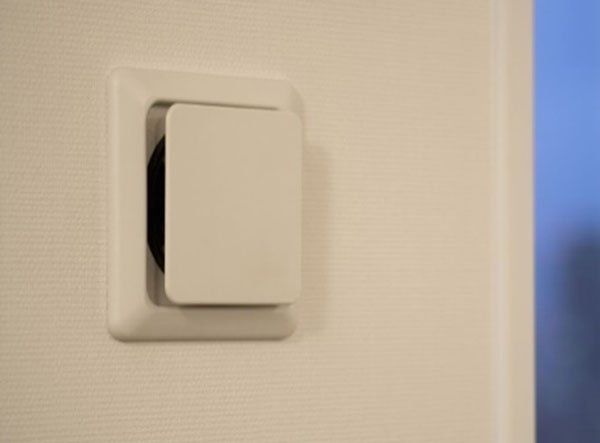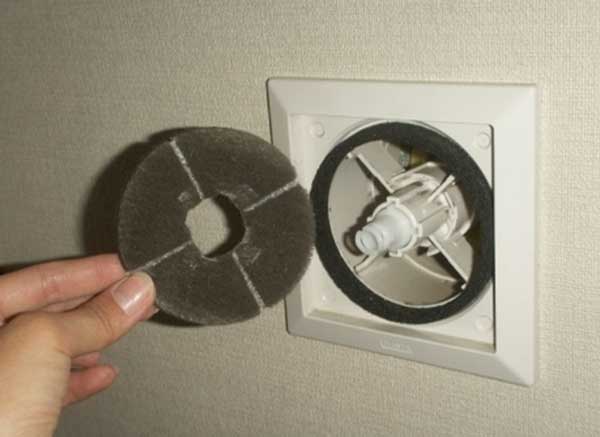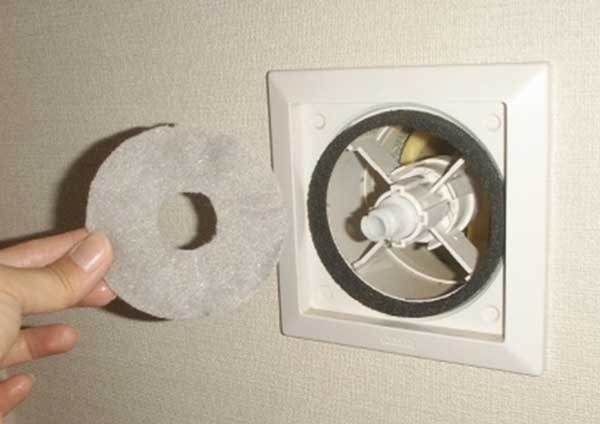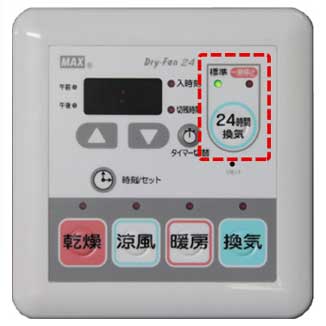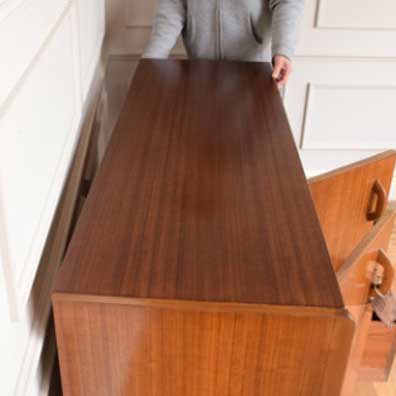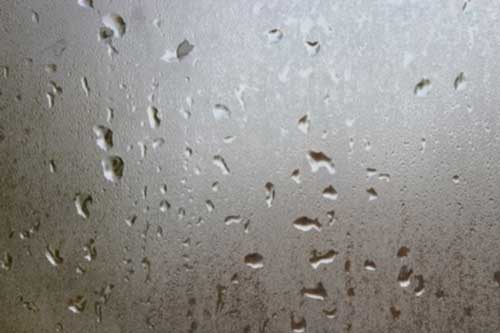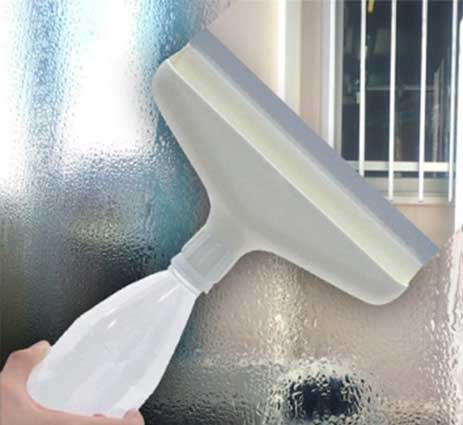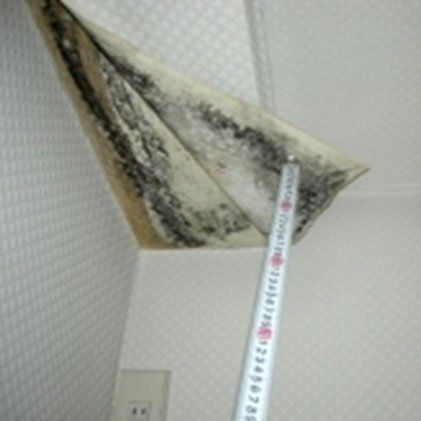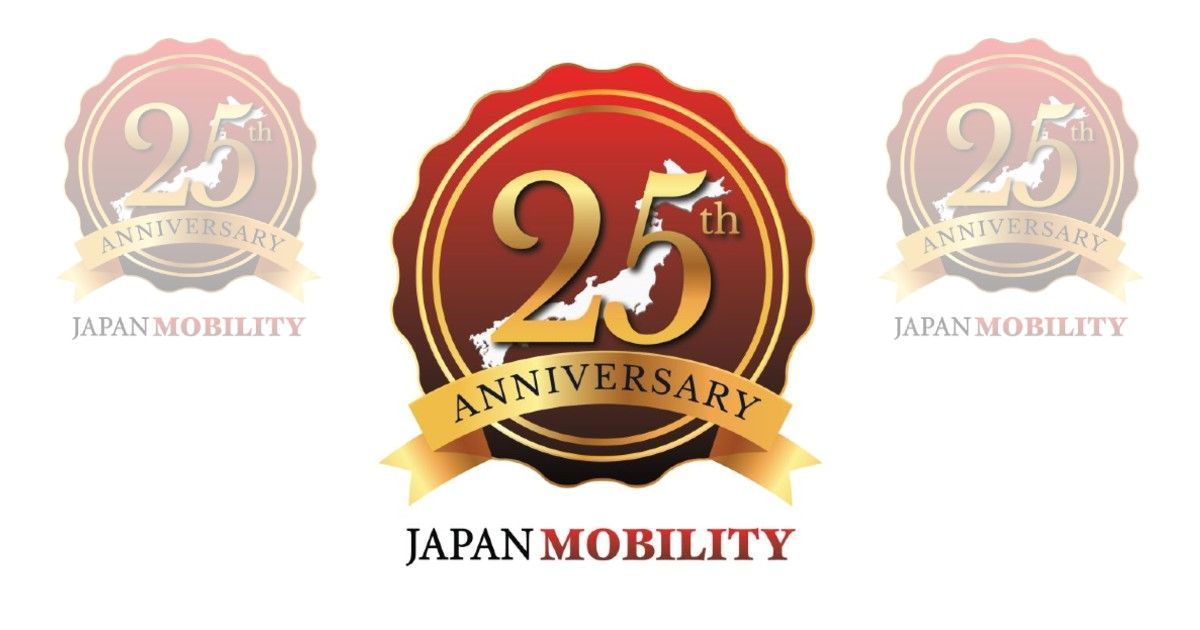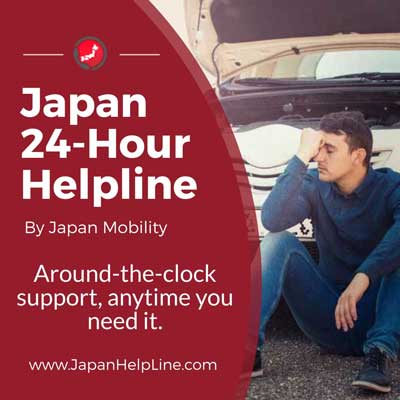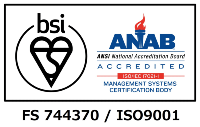How to prevent mold growth in your property
Dealing with mold is one of the common issues for many people living in Japan, where the subtropical climate can be very humid. Mold can also be a problem when moving out of a property as it can potentially cost a lot to repair or clean. It is important to know the cause of mold growth and how to prevent it in order to avoid this issue. Here we will explain potential risks and prevention strategies for dealing with mold in your home.
At Move-In
Check your property facilities and know how to use the ventilation system
In general, apartments are more enclosed building structures which can contain higher humidity than houses do. One of the causes of mold is lack of air ventilation.
Please keep air ventilators open. They are usually placed on the wall and you should be able to open it by pushing the cover or turning a little knob. Keeping it open 24 hours would be preferable but you can close it for a short time, such as when you sleep if it is too cold in the winter.
Check that the inside filter is clean or not. When the filter is clogged, the air does not flow through properly. In this case, replace it with a new filter.
If your property has a bathroom controller, you should have the 24-hour ventilation mode.
Please run your bathroom ventilation for 24 hours as well.
When furniture is placed in your property, there should be about a 3-5 cm gap between the furniture and the wall. This space will allow the air to flow more easily in the property.
Potential risks
Mold can spread not only on the wallpaper but also into wall boards, furniture, clothes in wardrobes and drawers, etc. Depending on the situation, it is highly likely that furniture and clothes would have to be disposed of at the tenant’s cost.
There is some research into the risk to health as well. According to “WHO guidelines for indoor air quality: Dampness and Mould” (WHO Regional Office for Europe, 2009). They explain that...
“Microbial pollution involves hundreds of species of bacteria and fungi that grow indoors when sufficient moisture is available. Exposure to microbial contaminants is clinically associated with respiratory symptoms, allergies, asthma and immunological reactions” (pg. 14) and that “.
in a study in Japan of the residents of 98 houses built within the past 4 years, condensation on window panes or walls was reported by the residents in 41.7% of all houses, and 15.6% had visible mould (Saijo et al., 2004)”.
After move-in
As mentioned earlier, air ventilation is very important. Condensation often happens especially during winter and summer, when the temperature difference between the outside and inside of the room is very big. It is important to reduce humidity by opening the windows and wiping off condensation from windows, etc.
Who is responsible for the repair cost?
Sometimes it is just a building which leads to the causes of mold, such as a water leak in the roof space, water pipe damage or the building structure itself, etc. In this case, mold is most likely to grow underneath wallpaper and come out to the surface of the wallpaper gradually. Some damages may be covered by a landlord/owner depending on the cause, after a proper inspection is conducted. However, the tenant also has the duty to pay attention when staying in the property not to allow the property to become moldy as most of lease contracts state.
It might require discussion, inspection and repair involving the management company, owner and tenant more than once before finalizing the mold issue. It is important to report the issue to the management company as soon as you notice.
If you face to this issue at your move-out, the repair or replacement cost might be deducted from the deposit. According to “Troubles and guideline regarding restoring property to its original state” (Ministry of Land, Infrastructure, Transport and Tourism, 2011), although cases of mold growth due to the structure of the building are common, in the event that there is rotting to the walls, etc. due to the lack of maintenance and wiping off of condensation by the tenant, it is commonly thought that this goes over what is considered wear and tear due to the normal usage of a property.
In conclusion, mold issues are very time consuming, potentially costly, and pose risks to your health. Proper attention and cleaning should be paid during your entire stay at your property to prevent the spread of mold. It will help you avoid various potential dangers.





